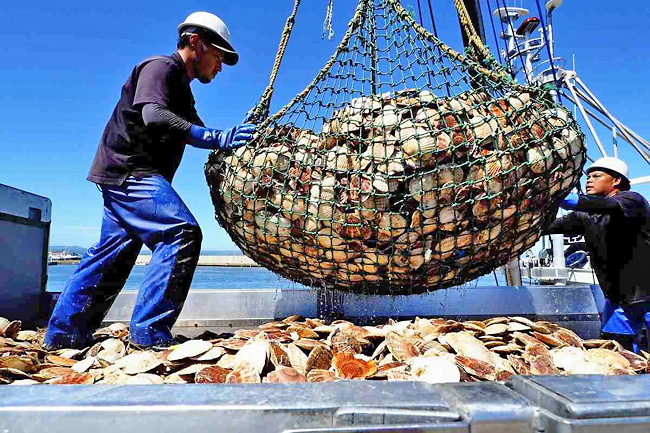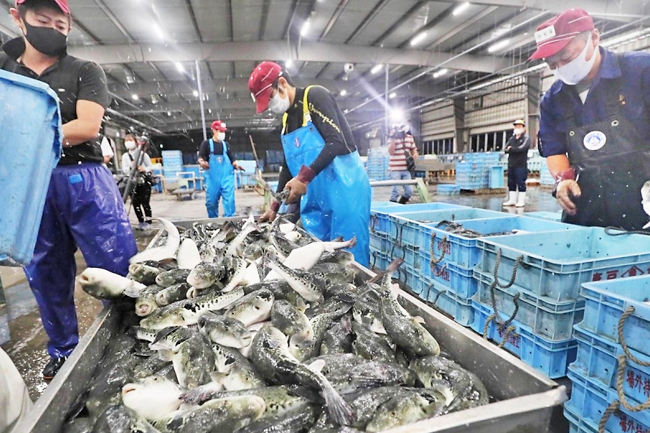ANN/THE JAPAN NEWS – It is uncertain whether China’s planned resumption of Japanese seafood imports will result in a recovery for Japan’s domestic seafood industry.
With no clear timeline for the resumption, predicting the extent of the recovery remains challenging.
As a result of China’s suspension of seafood imports from Japan, the total value of all exports of agricultural, forestry and fishery products and other food items in the first half of 2024 fell 1.8 per cent from a year earlier, the first decrease in four years, with exports of the products to China plunging 43.8 per cent.
In 2022, prior to when Japan started discharging treated water from the Fukushima number one nuclear power plant, scallops accounted for over 50 per cent of the value of Japan’s seafood exports to China.
The domestic seafood industry has been trying to move away from its dependence on China ever since it was struck by the import ban. A trend of developing new export markets and expanding sales channels is growing in the industry, especially for scallops.
Scallop exports in the first half of 2024 fell 37.2 per cent year-on-year, but efforts to expand sales channels are beginning to bear fruit, with exports to the United States up 64.1 per cent and to Vietnam up 7.9 times.
Still, many are pinning their hopes on the resumption of exports to China.
A 74-year-old man who runs an abalone fishing business in Tanohata, Iwate Prefecture, said that his income last year decreased by 20-30 per cent due to price drops. He welcomed the resumption of exports, saying, “China was our largest export destination. If China resumes imports before the fishing season in November, it will provide a boost to our business.”
On the other hand, some in the fishing industry view China’s move with indifference.
A man at a seafood processing firm that handles scallops in Monbetsu, Hokkaido, which lost China as its main export destination, said, “It’s good if exports to China resume, but we have nothing that we can send there.” He said the company has shifted its export destination to Southeast Asia and increased domestic sales, saying, “Even if China resumes imports, it’ll just mean that we have one more export destination. We’re not going to change the way we’ve built our business.”
The Japanese fishing industry for the time being is expected to continue to develop new sales channels while keeping an eye on the timing of the resumption of Chinese imports.





















































